Freight Consolidators: The Ultimate Guide to Efficient Shipping Solutions
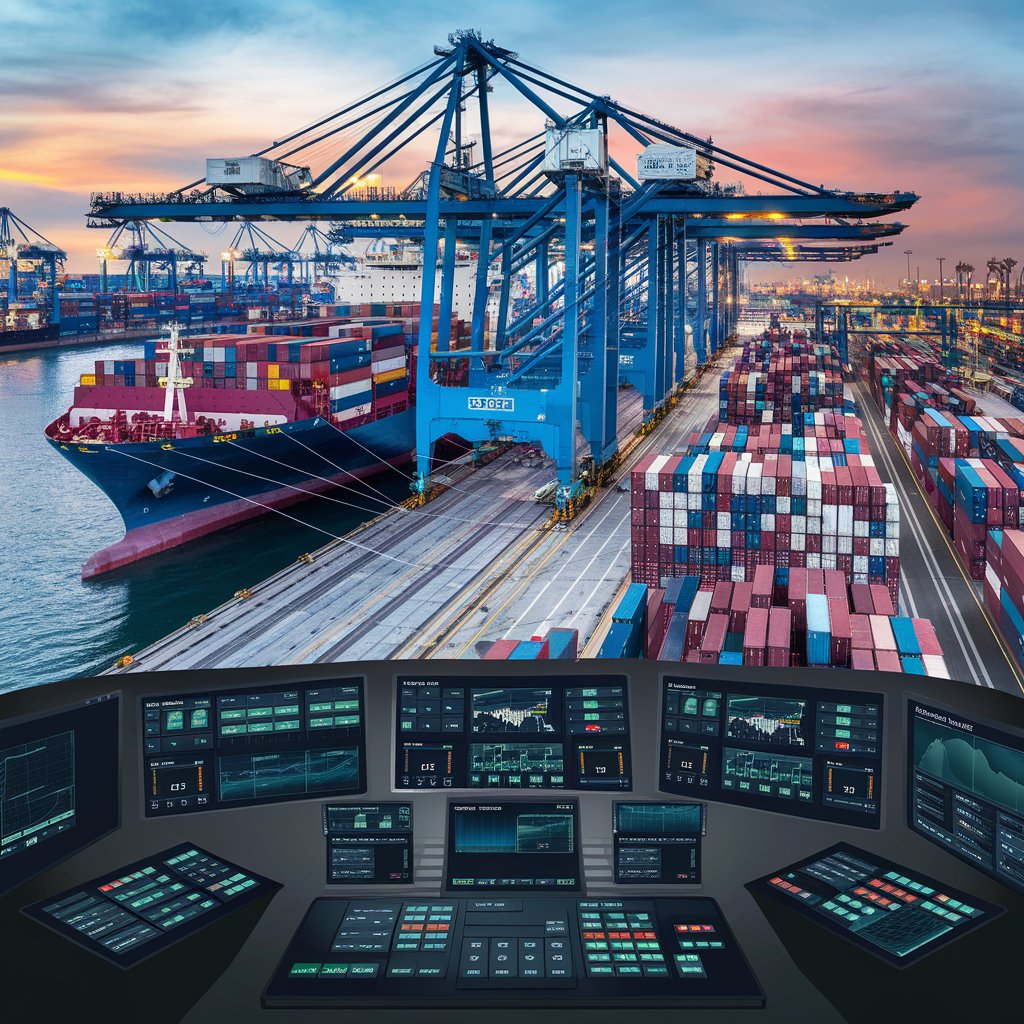
What is a Freight Consolidator?
A freight consolidator, also known as a consolidator in shipping, is a logistics professional or company that combines multiple smaller shipments from different shippers into one large shipment. This process, known as freight consolidation, allows for more efficient and cost-effective transportation of goods.
Freight Consolidator Definition
A freight consolidator is an entity that:
- Collects smaller shipments from various shippers
- Combines these shipments into larger, more economical loads
- Arranges for the transportation of the consolidated shipment
- Manages the distribution of goods at the destination
The Role of Freight Consolidators in Logistics
Freight consolidators serve as intermediaries between shippers and carriers, playing a vital role in the supply chain:
- Optimizing Shipping Costs: By combining multiple small shipments, consolidators can negotiate better rates with carriers.
- Improving Efficiency: Consolidated shipments reduce the number of individual shipments, streamlining the logistics process.
- Enhancing Security: Fewer shipments mean reduced handling and lower risk of loss or damage.
- Facilitating International Trade: Consolidators often specialize in navigating complex international shipping regulations.
Types
There are several types of freight consolidators, each serving specific needs in the logistics industry:
- International Freight Consolidators: Specialize in consolidating shipments for international transport.
- Air Freight Consolidators: Focus on consolidating shipments for air transport.
- Ocean Freight Consolidators: Specialize in consolidating shipments for sea transport.
- Land Freight Consolidators: Consolidate shipments for road or rail transport.
- Multi-modal Consolidators: Offer consolidation services across multiple transport modes.
How Freight Consolidation Works
The process of freight consolidation typically involves the following steps:
- Collection: Consolidators collect smaller shipments from various shippers.
- Sorting: Shipments are sorted based on destination, type of goods, and shipping requirements.
- Consolidation: Similar shipments are combined into larger loads.
- Documentation: Consolidators prepare necessary paperwork for the consolidated shipment.
- Booking: The consolidated load is booked with a carrier.
- Transportation: The consolidated shipment is transported to its destination.
- Deconsolidation: At the destination, the shipment is broken down and distributed to individual consignees.
Benefits of Using Freight Consolidators
Utilizing the services of freight consolidators offers numerous advantages:
- Cost Savings: By combining shipments, overall shipping costs are reduced.
- Improved Transit Times: Consolidated shipments often move faster through the supply chain.
- Enhanced Tracking: Many consolidators offer advanced tracking for the entire consolidated shipment.
- Reduced Carbon Footprint: Fewer individual shipments mean lower overall emissions.
- Access to Expertise: Consolidators often have specialized knowledge of shipping regulations and best practices.
- Simplified Logistics: Shippers can focus on their core business while consolidators handle complex shipping arrangements.
Freight Consolidation Services
Freight consolidators offer a range of services to meet diverse shipping needs:
- LCL (Less than Container Load) Consolidation: Combining multiple shipments into a single container.
- Air Freight Consolidation: Consolidating shipments for air transport.
- Customs Clearance: Managing customs documentation and procedures.
- Warehousing: Providing storage facilities for goods before consolidation or after deconsolidation.
- Distribution: Arranging for final delivery of goods to their destinations.
- Insurance: Offering cargo insurance options for consolidated shipments.
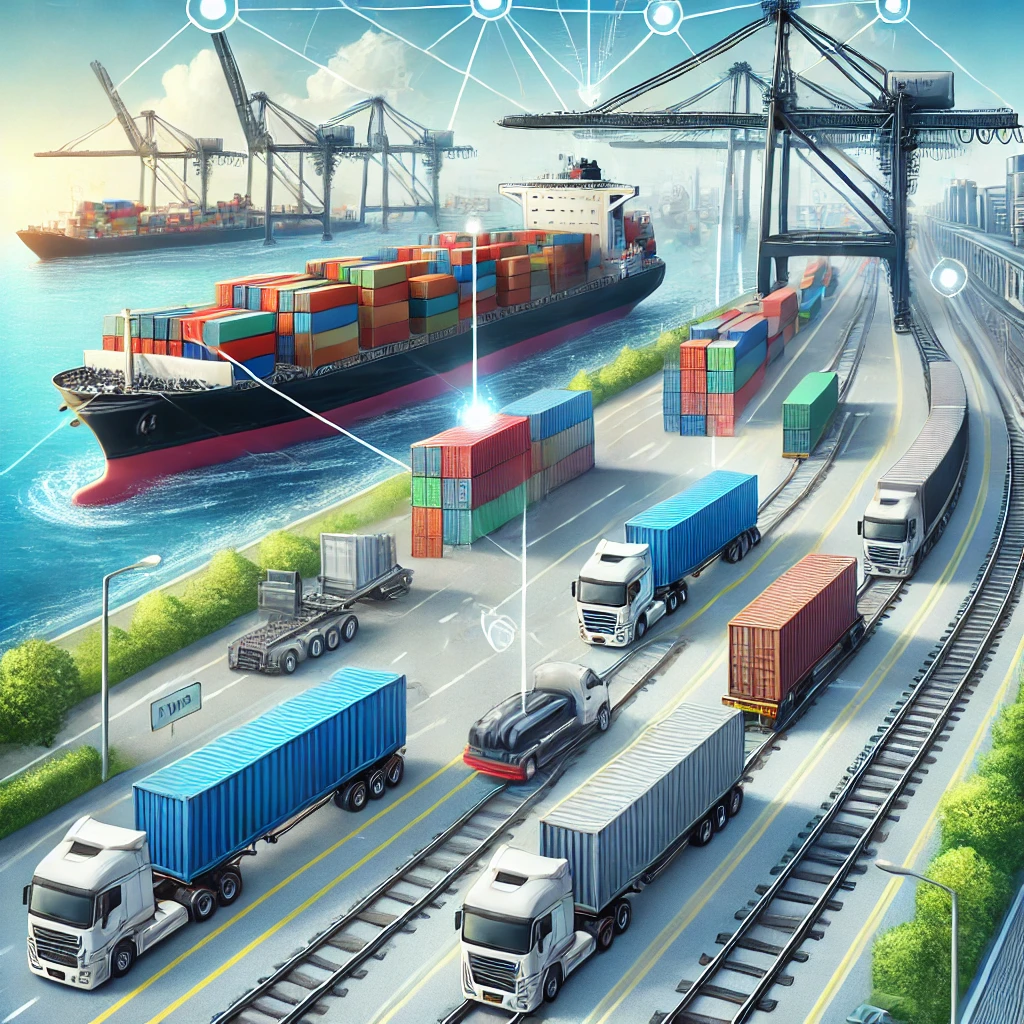
Choosing the Right Freight Consolidator
When selecting a freight consolidator, consider the following factors:
- Experience: Look for consolidators with a proven track record in your industry.
- Network: Choose a consolidator with a strong network of partners and agents.
- Technology: Opt for consolidators using advanced tracking and management systems.
- Service Range: Ensure the consolidator offers services that match your specific needs.
- Pricing Structure: Understand their pricing model and look for transparency in costs.
- Customer Service: Prioritize consolidators known for responsive and helpful customer support.
Challenges in Freight Consolidation
While freight consolidation offers many benefits, it also comes with challenges:
- Timing: Consolidating shipments can sometimes lead to longer transit times.
- Complexity: Managing multiple shipments within a single consignment can be complex.
- Risk Management: Consolidators must ensure the safety and security of all goods in a consolidated shipment.
- Regulatory Compliance: Staying up-to-date with changing international shipping regulations.
- Technology Integration: Implementing and maintaining advanced logistics technology.
The Future of Freight Consolidation
The freight consolidation industry is evolving with new technologies and trends:
- Digital Platforms: Online marketplaces connecting shippers with consolidation services.
- AI and Machine Learning: Using advanced algorithms to optimize consolidation strategies.
- Blockchain Technology: Enhancing transparency and security in consolidated shipments.
- Sustainable Practices: Increasing focus on eco-friendly consolidation methods.
- E-commerce Integration: Adapting consolidation services for the booming e-commerce sector.
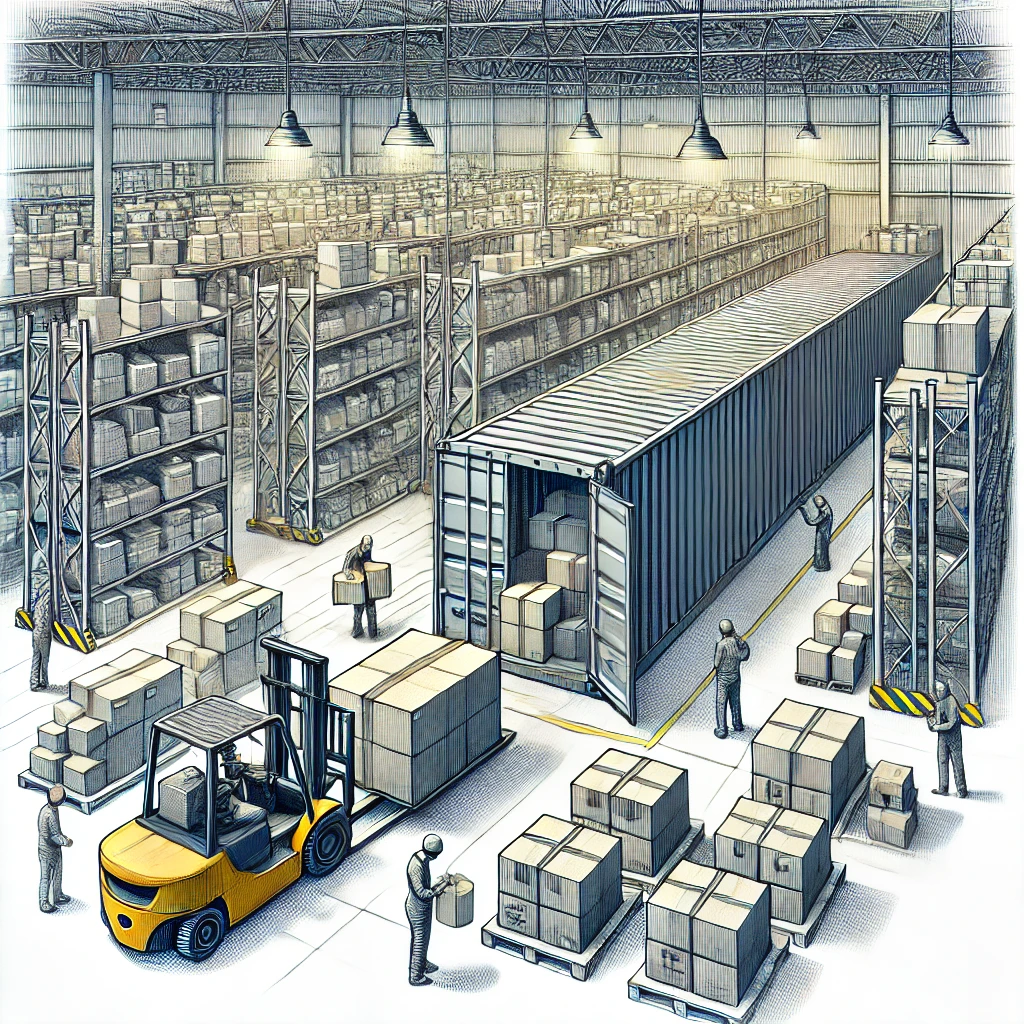
Freight Consolidators vs. Freight Forwarders
While often confused, freight consolidators and freight forwarders have distinct roles:
Freight Consolidators:
- Focus primarily on combining smaller shipments
- Often work with freight forwarders
- Specialize in optimizing shipping efficiency
Freight Forwarders:
- Offer a broader range of logistics services
- May include consolidation as one of their services
- Often handle end-to-end shipping arrangements
International Freight Consolidators
International freight consolidators specialize in consolidating shipments for cross-border transport:
- Expertise in Global Logistics: Understanding of international shipping regulations and customs procedures.
- Extensive Network: Partnerships with carriers and agents worldwide.
- Multi-modal Capabilities: Ability to arrange consolidation across various transport modes.
- Documentation Specialists: Proficiency in managing complex international shipping documentation.
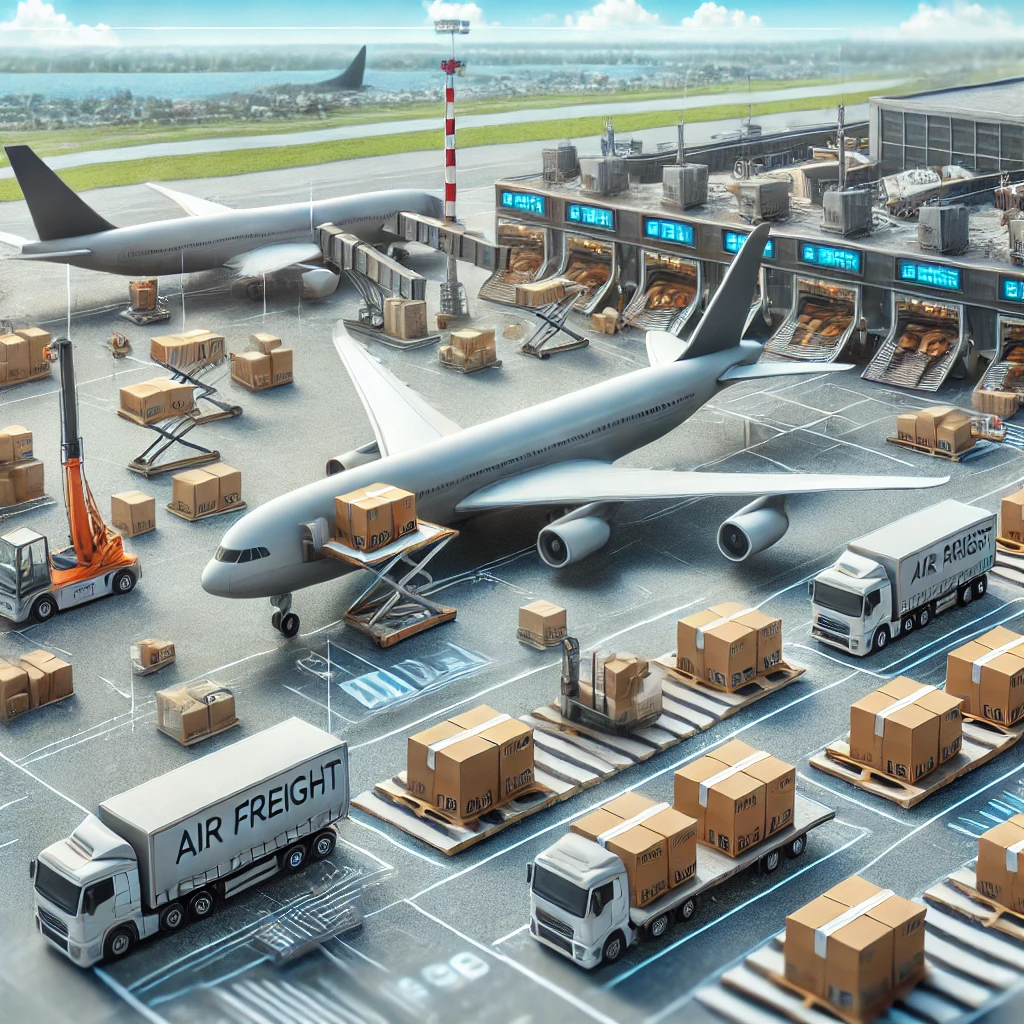
Consolidation in Different Transport Modes
Freight consolidation strategies vary across different transport modes:
Air Freight Consolidation
- Focuses on weight and volume optimization
- Requires quick turnaround times
- Often used for high-value or time-sensitive goods
Ocean Freight Consolidation
- Emphasizes container space utilization
- Involves longer planning horizons
- Suitable for larger, less time-sensitive shipments
Land Freight Consolidation
- Concentrates on route optimization
- Requires coordination of pick-ups and drop-offs
- Often involves cross-docking operations
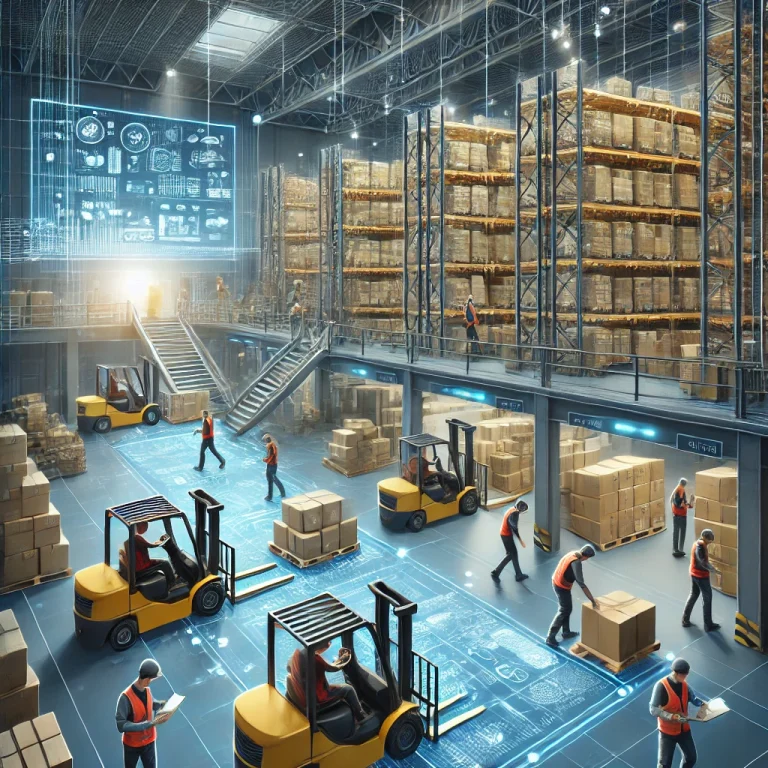
Technology in Freight Consolidation
Modern leverage various technologies:
- Transportation Management Systems (TMS): For optimizing consolidation and routing
- Internet of Things (IoT): For real-time tracking of consolidated shipments
- Artificial Intelligence: For predictive analytics and decision-making in consolidation strategies
- Cloud Computing: For seamless data sharing and collaboration
- Mobile Applications: For on-the-go management and tracking of consolidated shipments
Legal and Regulatory Considerations
Freight consolidators must navigate a complex legal and regulatory landscape:
- Customs Regulations: Understanding and complying with customs requirements in different countries
- International Trade Laws: Adhering to trade agreements and restrictions
- Liability and Insurance: Managing risk and liability for consolidated shipments
- Environmental Regulations: Complying with emissions and sustainability standards
- Data Protection Laws: Ensuring the security and privacy of shipper information
Conclusion: The Value of Freight Consolidators in Modern Logistics
Freight consolidators play an indispensable role in today’s global supply chain. By optimizing shipping processes, reducing costs, and improving efficiency, they enable businesses of all sizes to compete in the international marketplace.
As the logistics industry continues to evolve, freight consolidators are at the forefront of innovation, adopting new technologies and strategies to meet the changing needs of shippers and consignees. Whether you’re a small business looking to expand internationally or a large corporation seeking to optimize your supply chain, understanding and leveraging the services of freight consolidators can provide significant competitive advantages.
By choosing the right freight consolidator and understanding the consolidation process, businesses can streamline their shipping operations, reduce costs, and improve their overall logistics performance. As global trade continues to grow and become more complex, the role of freight consolidators will only become more crucial in ensuring the smooth, efficient, and cost-effective movement of goods around the world.
